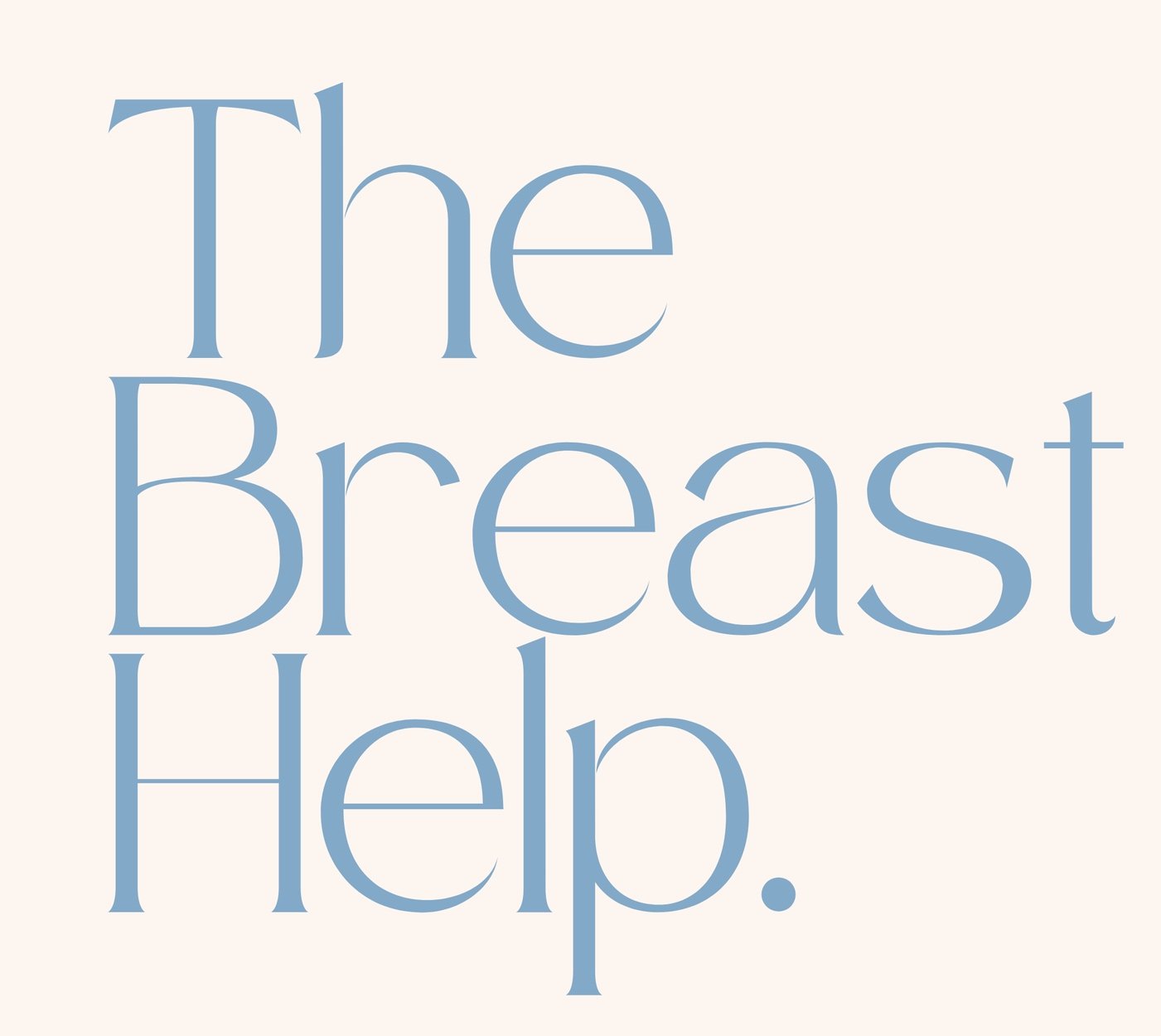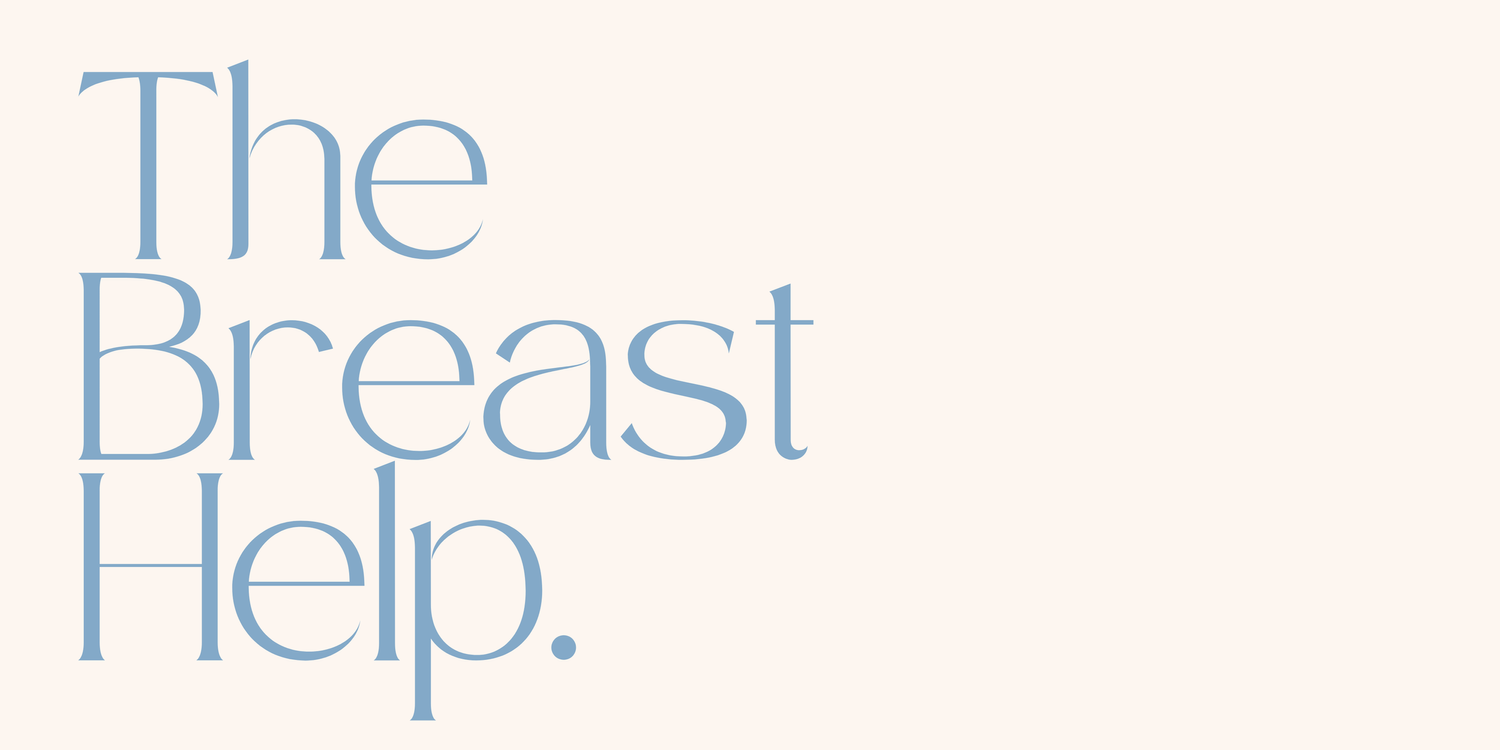How to conceive while breastfeeding
Your beautiful baby that is in your arms and continuing to breastfeed has a biological drive to not only feed around the clock (for food, comfort and regulation), but to maintain their position as the only baby for the time being.
By feeding at the breast frequently and for decent durations, this signals to your body that there is a baby to continue to produce milk for and it dampens down hormones driven for conceiving again.
So if you’re ready to expand your family, and your menstrual cycle has not returned it may be worth reevaluating where your current baby’s breastfeeding needs are at, and deciding whether you can implement changes to try to encourage your cycle to return or if you can wait a little bit longer until your baby is older and will happily breastfeed slightly less at the breast.
I always like to highlight here that you ovulate before menstruate, so some women will conceive when that first egg is released prior to their period ever returning – this is why breastfeeding alone is not a guaranteed form of contraception!
1. Wait.
If you are breastfeeding a baby that is under 12 months old, breastfeeding may be more important than trying to conceive. Remember, breastfeeding is baby’s main source of nutrition up to the age of 1, so it may be more beneficial in the bigger scheme of things to wait until that first birthday to implement changes to baby’s breastfeeding and increasing your chances of fertility.
Breastfeeding is not jus about eating. Nourishment and bonding are very important, and if you conceive while breastfeeding your milk supply may decrease, and in some cases dry up completely. If you wish to continue breastfeeding throughout pregnancy and tandem feed following birth it may be difficult to maintain the breastfeeding relationship while changes in milk supply happen (sometimes they don’t!).
Breastfeeding while pregnant is definitely possible, but it may be a big commitment and there will be a personal drive needed to maintain the breastfeeding relationship and milk supply to meet your child’s needs.
If your baby is over 12 months old, is your baby ready to wean?
Breastfeeding is a relationship, even if your baby isn’t ready to wean, and you are, that’s okay!
But if you enjoy breastfeeding and want to conceive, please be aware that it may trigger the pathway to complete weaning. Consider the needs of your baby - Is your baby ready for weaning and moving to full time food and other milk choices? Would it be best to wait a little longer?
This is a completely personal choice and you as the parent are the expert here.
2. Mix up your feeding pattern
By changing up routine, it may throw off your usual release pattern of hormones that happen throughout your day. This tactic would only really work for breastfeeding dyads that have a somewhat predictable routine or schedule with feeds.
3. Decrease frequency of feeds throughout the 24 hour period
Depending on the age of your baby, you may be able to space out or drop some breastfeeds throughout your day. Gaps of six hours (or longer) are reported to stimulate ovulation to resume. For some families with younger babies this may mean replacing certain breastfeeds with bottles if baby takes them.
4. Replace some regular feeds with pumping sessions
If you are hoping to not decrease your milk production, by pumping rather than direct breastfeeding your supply should remain unchanged while some hormone interactions specific to breastfeeding decrease.
Because breastfeeding is not just about the act of milk removal, the suckling of baby creates an interplay of multiple hormones that help with milk let downs and the bonding between mother and baby. By pumping and feeding baby a bottle during that feed both the feed and milk supply is maintained, but certain hormone interactions are slightly less.
5. Minimise night feeds or night wean completely
Prolactin levels peak at nighttime usually around 2-5 am. This is one of the hormones that drive milk production and continued supply. By not removing milk or having less frequent milk removal (>6 hour gaps) overnight it signals strong messages to your body that baby is getting older and it may be time for a new baby!
Often by just by night weaning, or cutting nursing times in half it may greatly increase fertility. This then tells your body that it can resume ovulation.
6. Start solid foods (at about 6 months of age).
By introducing another form of nutrition to your baby, the reliance on breastfeeding is decreased – meaning, we don’t NEED to feed as frequently as we were before solid food.
By decreasing breastfeeds the demand decreases, and in turn, so does supply.
Your baby will still have the nutrition they need from both breast and solid feeds while the bonding benefits with breastfeeding still continue but not as frequently as before.
7. Wean altogether.
Breast tissue and nipple stimulation through breastfeeding may be keeping you from ovulating. In cases like this weaning will be the last resort.
If your baby is less than 6 months old it is not recommended because of the health and development benefits for your baby.
The World Health Organization recommends exclusive breastfeeding for babies up to 6 months of age and continued breastfeeding alongside complimentary foods for up to 2 years of age.
At the end of the day it is very possible to continue breastfeeding while trying to conceive. There is no immediate need to wean your baby when beginning to plan your next pregnancy. Most mothers will find that when your baby matures enough to be sleeping slightly longer stretches at night, feeding less throughout the day and your life returns to a new feeling of normalcy then signs of fertility (and your period) return – ready for the next round!
Best of luck to you for your next fertility journey.
Harriet
- conceiving
- naps
- fertility
- expressing
- tandem feeding
- biting
- dummies
- sleep
- teething
- qiara
- toddler
- Pumping
- breastmilk
- inflammation
- cue based care
- introducing bottles
- blocked ducts
- mastitis
- Dad
- birth
- newborn
- night weaning
- microbiome
- Power Pumping
- milk supply
- breastfeeding
- Breastfeeding education
- engorgement
- probiotics




